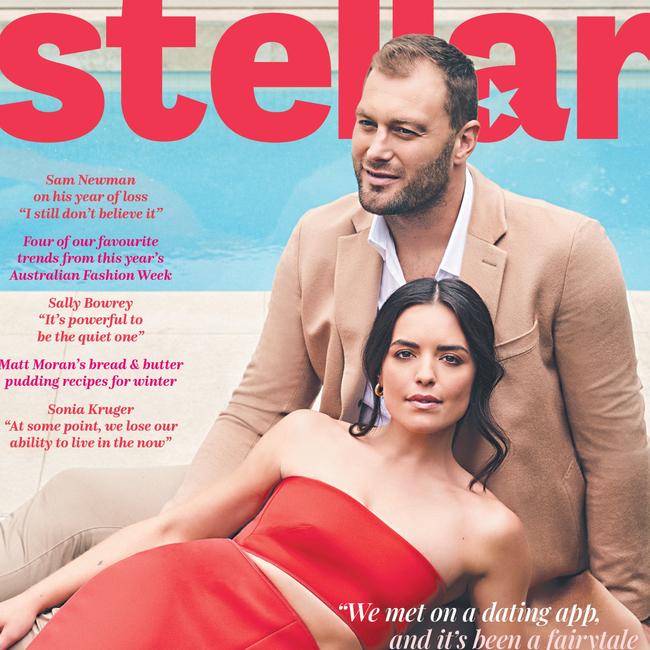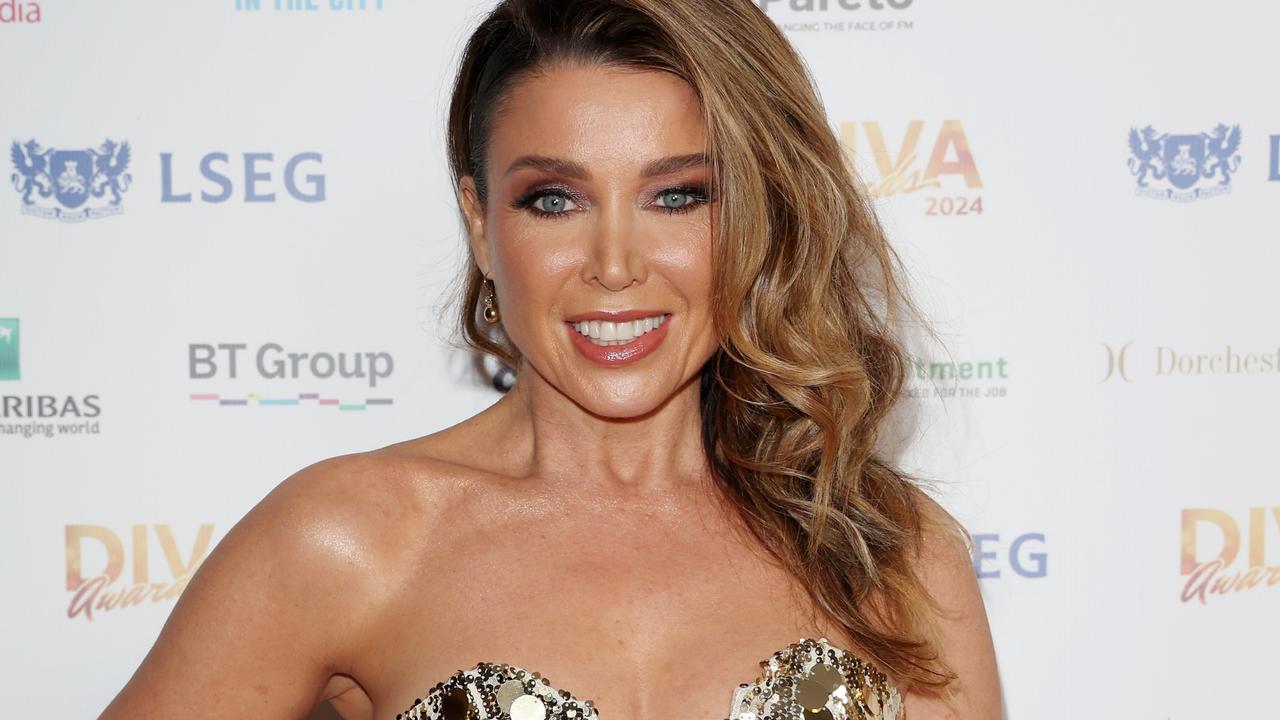Sam Newman on going back to TV: ‘never say never’
When reflecting on his time on The Footy Show, Sam Newman says it became “arduous and annoying”, but he hasn’t written off TV altogether.
Stellar
Don't miss out on the headlines from Stellar. Followed categories will be added to My News.
As a bombastic and no-holds-barred AFL commentator, Sam Newman is never at a loss for words – usually it’s a case of the more colourful, the better. But as he talks to Stellar about the deaths of his wife Amanda Brown and his close mate Shane Warne in the past year, the football veteran sheds a bit (but not too much) of that brash exterior.
When he’s not recording his You Cannot Be Serious podcast with fellow AFL legend Don Scott, Sam Newman spends his days playing golf or boating.
He’s also a doting grandfather to four young girls, remarking wryly, “I think they love me because I’m very good with them.”
He’s so close to his family these days that he even shares an office space with his eldest son Jack. But earlier this month, when it came time to mark the first anniversary of the death of his wife Amanda Brown, he chose to do so alone in the house they had planned to move into together.
“I think of Amanda probably every day in some aspect,” Newman tells Stellar.
Although they had been together for 20 years, Newman and Brown only got married in November 2020 – it was Newman’s surprise 50th birthday gift for the woman he loved.
Just six months later, he came home to find her collapsed on the floor having suffered a stroke. Despite his best efforts, she could not be revived.
While melancholy isn’t in Newman’s wheelhouse, photos of Brown as well as his close friend Shane Warne, who died in March at the age of 52, are wistful reminders in his new home of the loved ones that the former Footy Show regular has lost in quick succession.
“It was a big shock,” Newman says of losing Brown. “It was an even bigger shock than what happened to Shane, but to have those two things happen to two people I was so close to, so close together, was hard.”
Also proving difficult for the four-times married Newman – who has spent most of his adult life in and out of romantic relationships – is the reality that he’s suddenly alone.
“This is the first time I’ve been on my own,” he admits. “Which is a bit of a shock at [the age of] 76!”
![Sam Newman: “I don;t know what you could dislike about [Shane Warne].” Picture: Sam Bisso.](https://content.api.news/v3/images/bin/067f066540ad5cb5c65282427e157570?width=650)
Cricket legend Warne was one of those who rallied around Newman after Brown’s unexpected and untimely death. The duo played golf regularly, with Warne often regaling Newman with tales of his romantic exploits during their games.
Now, Newman is left to process the fact his larger-than-life mate is gone, too.
“I couldn’t believe it. I still don’t believe it,” he says with a shake of his head, before picking up his phone to share videos and photos he and Warne took together.
Like the controversial and colourful Newman, Warne had his detractors, although Newman remains mystified as to why.
“So he loved life, he went out a bit and he fraternised with a lot of people,” Newman offers. “He didn’t take drugs. He didn’t get into any indictable offences. He didn’t belt anyone. He wasn’t an alcoholic. I don’t know what you could dislike about him.”
His own off-the-cuff reminiscences at Warne’s televised memorial on March 30 were largely well received on social media, the event marking one of the first times Newman has been on TV since The Footy Show ended in 2019. Not that he’s been contemplating a comeback.
“I loved The Footy Show. I loved doing what I did, but it became an arduous, annoying and tough thing to do in the last two years because of the restrictions put on our show, generally, and me, specifically,” Newman explains.
“I couldn’t do what I was employed to do, and this was reflected in the ratings and the [fan]comments [such as] ‘Why can’t we do this?’ and ‘Why aren’t I doing that?’”
He continues, “I had a terrific run, enough for a quarter of a century, and couldn’t say anything but positive things about the people I worked with and the station I worked for. I wouldn’t think, under any circumstances, I’d go back to TV but of course, as they say, never
say never,” he adds with a laugh.
“Someone might come and suggest something, and I might think it’s a good idea. But I wouldn’t think so,” he concedes, adding that he is far more content doing his podcast, which gives him the freedom to say what he likes – except, “I can’t defame or libel anyone, of course”.
Although he insists that “regrets are pointless”, his years embroiled in the headlines have had consequences.
“I don’t get invited to many places to speak now because the activists get in touch with the organisers and say ‘Why have you got a racist?’ or ‘Why have you got a transphobic person coming to speak?’” he says with a shrug.
“And [the organisers] say, ‘Oh, f*ck, we don’t want people to not buy tickets, so [cancel it].’”
That doesn’t worry Newman, he says, because now he’s got his podcast, his family and, when he catches himself getting down, his father’s words echoing in his mind: “Don’t be a whinger.”

And while Brown used to read the backlash against him on social media and feel wounded on his behalf, Newman says he pays no mind to “keyboard warriors”. More often than not, he adds, the people who approach him in public are polite and pleasant.
“I’ve never really had anyone come and say, ‘Hi, you’re an arsehole.’ And if they did, I would probably just say, ‘Well, thanks very much. Go f*ck yourself.’”




